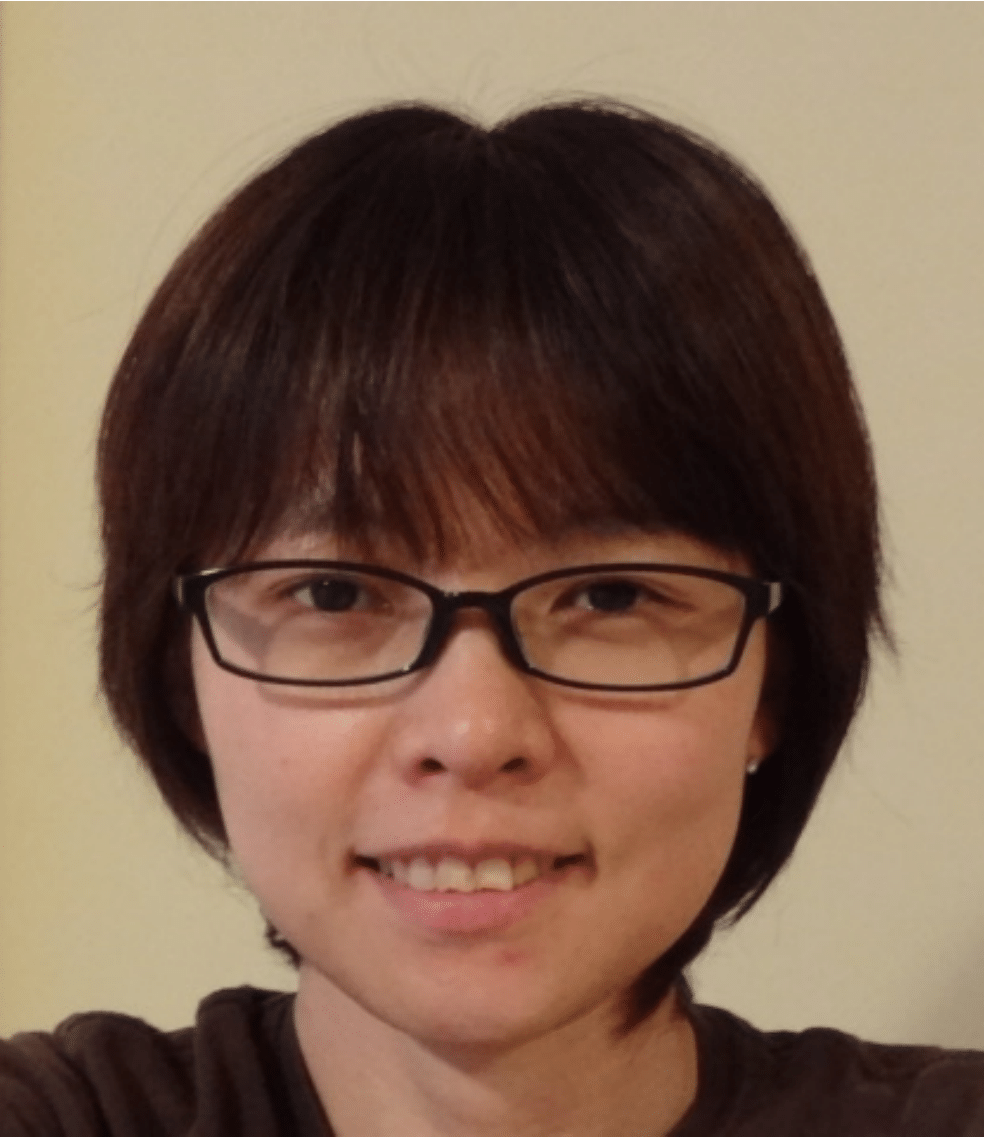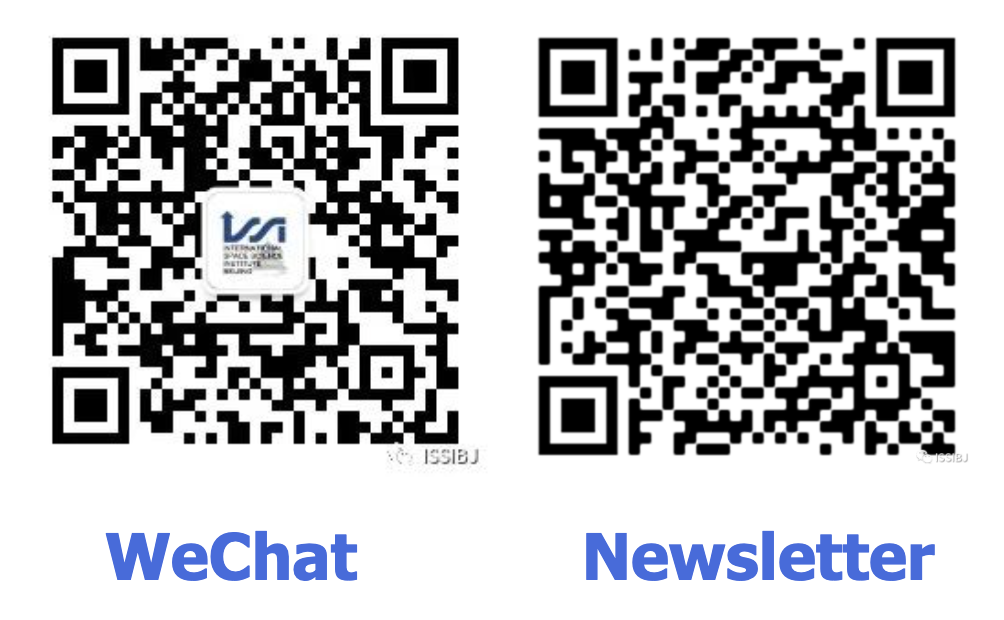Feb.28 Dr. Kanno Sugumi: Exploring the Early Universe with Gravitons | 1001 Space Nights
Online seminar with Dr. Kanno Sugumi
Kyushu University
Feb.28 2022
8 pm (GMT +8)
BEIJING — On Feb.28 2022, 8 pm (GMT+8), Dr. Kanno Sugumi will give a lecture on Exploring the Early Universe with Gravitons in the context of the 1001 Space Nights series.
The talk is in English.
In cosmology, inflationary universe is a phenomenologically very successful idea. One of the cornerstones of the inflationary universe is that the large scale structure of the universe has a quantum mechanical origin. This invites the question of whether compelling observational evidence for the nonclassical nature of the initial fluctuations can be found. Primordial gravitational waves from inflation could also arise out of quantum fluctuations. They interact very weakly with matter and travel through the universe virtually unimpeded, and hence they may help us to find a signature of the quantum mechanical origin of the universe if we could detect the nonclassical primordial gravitational waves. On top of that, if we succeeded in detecting the nonclassicality of primordial gravitational waves, it would imply the discovery of gravitons.
In this talk, I will present two ideas of my recent work about detecting the gravitons directly and indirectly. One is to detect gravitons directly by applying Hanbury-Brown-Twiss interferometry which is developed in quantum optics to cosmology. Another idea is to apply the development of quantum information theory to cosmology for detecting gravitons indirectly. We propose an experiment that the entanglement between two macroscopic mirrors suspended at the end of an equal-arm interferometer is destroyed by the noise of gravitons through bremsstrahlung. We would be able to detect gravitons indirectly by observation of the decoherence time of the quantum entanglement between the mirrors induced by gravitons.
About the Speaker:

Dr. Kanno Sugumi received Ph.D. in physics from Kyoto University in Japan in March 2006. In April 2006, she moved to McGill University in Canada as a postdoc. In April 2008, she became a postdoc at Kavli IPMU, University of Tokyo in Japan. In October 2008, she moved to Durham University in United Kingdom as a research associate. In October 2010, she moved to Tufts University in United States as a research associate. In October 2013, she moved to University of Cape Town in South Africa as a postdoc. In October 2014, she became an Ikerbasque Junior at the university of the Basque Country in Spain. In April 2018, she moved to Osaka University in Japan as an assistant professor. In September 2020,she moved to Kyushu University in Japan as an associate professor. In 2021, she received Toshiko Yuasa Prize for the exploration of new areas of cosmology. Her research is mostly focused on the early universe, especially the beginning of the universe.
Sign up to the ISSI-BJ Newsletter or follow us on WeChat (ISSIBJ) to be always up-to-date and to not miss our seminars!

